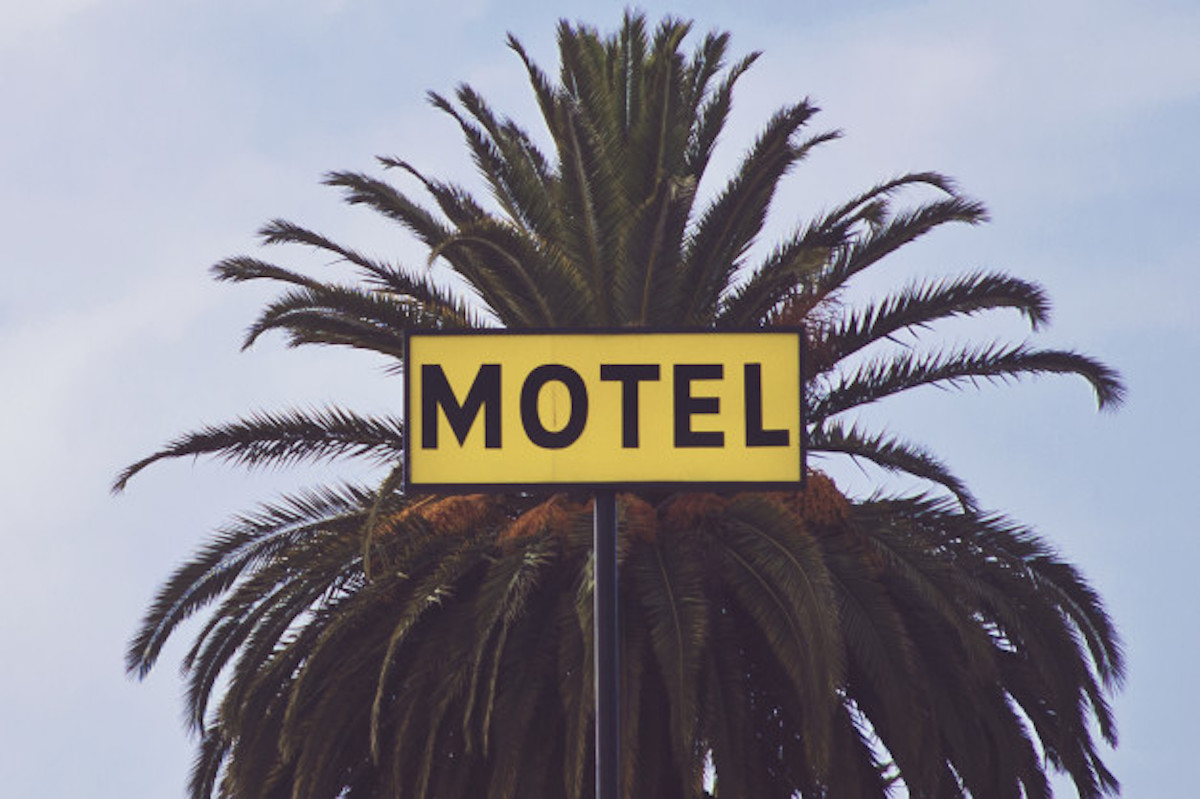As life safety issues in hotel operations grow, insurance for motel and hotel risks experienced steep rate hikes in recent years. After the MGM Resort losses stemming from that mass casualty event in 2017, the insurance market tightened for hospitality risks. Losses paid by excess carriers pushed higher reinsurance rates onto front-line insurers. Larger losses and more costly verdicts caused premiums to increase and underwriters to apply more policy limitations.
According to Independent Agent magazine, some of these losses include cyber claims, security detail losses and catastrophe events from hurricanes and wildfires. Some carriers have ceased writing habitational risks like motels and hotels. This decrease in insurance “capacity” has driven insurance limits lower and deductibles higher for commercial motel and hotel operators and owners.
Insurers are also adding exclusions and restrictions to coverage. Carriers may insist on coverage sublimits such as $50,000 for certain types of allegations. A sublimit on coverage caps the amount the insurer will pay. For example, your policy may offer $5 million in liability coverage. A sublimit would cap payment for certain types of losses, such as abuse or molestation. Abuse and molestation coverage, which insurers may have included in the past, now may have a sublimit or “defense inside of limits” wording. $50,000 won’t go far when considering legal fees and claim settlement.
The current harder market makes it even more important that you work with a broker with strong industry relationships. An experienced broker can negotiate with insurance carriers to reduce the impact of these types of limitations. Especially in today’s insurance market, brokers work hard to develop and strengthen relationships with underwriters.
Trends to Watch When Buying Insurance for Hospitality Risks
According to the Independent Agent magazine, several trends are creating more risks for motel and hotel owners and operators. These include the following.
Security and premises liability– Assaults against housekeepers has been a hot-button issue for several years. In 2016, Seattle took steps to protect hotel housekeepers by requiring hotels to supply panic buttons for their cleaning staff. New York union contracts have required panic buttons since 2013. If your current policy has a sublimit for assault, be sure to discuss ways to protect your housekeepers with your insurance broker. Consider a security audit, which can help find operational deficiencies that might cause claims.
Employment practices liability– Employment practices liability insurance (EPLI) is necessary for today’s motel or hotel owner, most insurance agents believe. Age discrimination and wage-and-hour claims abound, as do sexual harassment allegations against both sexes. Additionally, claims that allege insufficient disability accommodations can rack up legal bills quickly. Some EPLI claims cover allegations of insufficient compliance with the Americans with Disabilities Act.
Human trafficking– The risk of sex or labor trafficking is an emerging concern for hotel owners and operators. California enacted a human trafficking training requirement for hotel operators recently. The Department of Homeland Security provides information on signs of human trafficking. The US Department of Health & Human Services also offers human trafficking training and technical assistance to businesses.
Vendor risk transfer– With the rising cost of settlements and court verdicts, a situation the industry terms “social inflation” or “nuclear verdicts,” it’s important that motel and hotel operators effectively transfer risk. Since hotel operators often use vendors to supply products and services, review your vendors’ certificates of insurance. If you’re still asking for only $1 million in liability limits and not requiring additional insured status under your vendor’s policy, you expose your own insurance, leaving your policy limits at risk in a loss.
Cyberrisk– The global hospitality industry, like any industry approaching hundreds of billions in assets, makes it an attractive target for hackers. Cyberattacks such as online booking and payment hacks and ransomware attacks have left hotels in the US and abroad reeling. Using third-party vendors for payment, for example, can expose a hotel to liability if a compromise occurs to that vendor’s system. Ransomware can compromise electronic key systems, effectively shutting down your business.
First-party cyber coverage can protect your organization against business income losses and help defray costs to repair systems. However, third-party cyber coverage can help supply a safety net if a hack exposes your guests’ personal information, some regulatory proceedings, or other third-party cyber liability. No two cyber forms are alike. Hundreds of insurers write cyber coverage. A cyber policy that fits one business may be inadequate for another.
Premises liability claims – Premises liability claims are one of the most frequent claims facing today’s hotel operators. From a guest slip and fall to an assault or robbery in an unlit parking lot, premises liability claims concern today’s motel and hotel insurance carriers. In some states, hotels that cater to an older clientele or families with young children may face even more responsibility for the safety of their guests.
Be sure to conduct and document inspections. Monitor lighting throughout the premises, and proactively manage health and safety complaints. In today’s COVID-19 environment, proper cleaning and disinfection protocols and documentation of those efforts will be crucial if a patron presents a coronavirus personal injury claim.
Motel and Hotel Operators Face a Difficult Insurance Landscape
As a motel or hotel owner or operator, you may face a difficult insurance renewal this year. We recommend you begin your search for coverage early if you’re concerned about any aspect of your hotel insurance coverage.
To discuss your motel or hotel risk, contact us for a no-obligation consultation.


